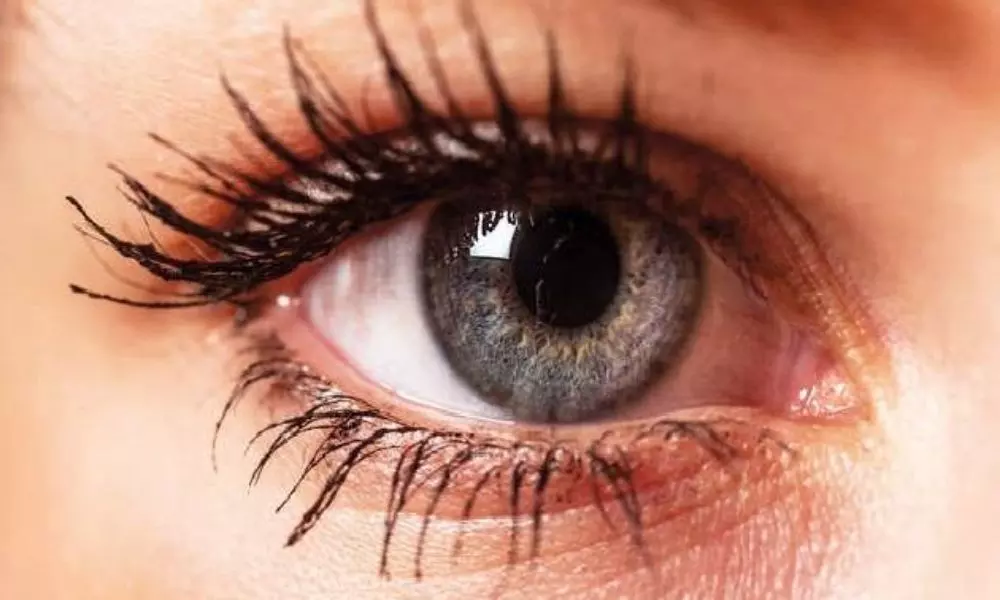Scientists develop new gene therapy for eye disease

Scientists develop new gene therapy for eye disease
Researchers have developed a new gene therapy approach that offers one day treatment for an eye disease that leads to a progressive loss of vision and affects thousands of people across the globe.
London: Researchers have developed a new gene therapy approach that offers one-day treatment for an eye disease that leads to a progressive loss of vision and affects thousands of people across the globe.
According to the study, published in the journal Frontiers in Neuroscience, degeneration of the optic nerves, Dominant optic atrophy (DOA) typically starts to cause symptoms in patients in their early adult years.
These include moderate vision loss and some colour vision defects, but severity varies, symptoms can worsen over time and some people may become blind. There is currently no way to prevent or cure DOA.
A gene (OPA1) provides instructions for making a protein that is found in cells and tissues throughout the body, and which is pivotal for maintaining proper function in mitochondria, which are the energy producers in cells.
Without the protein made by OPA1, mitochondrial function is sub-optimal and the mitochondrial network which in healthy cells is well interconnected is highly disrupted.
For those living with DOA, it is mutations in OPA1 and the dysfunctional mitochondria that are responsible for the onset and progression of the disorder.
The scientist have developed a new gene therapy, which successfully protected the visual function of mice who were treated with a chemical targeting the mitochondria and were consequently living with dysfunctional mitochondria.
The scientists also found that their gene therapy improved mitochondrial performance in human cells that contained mutations in the OPA1 gene, offering hope that it may be effective in people.
"We used a clever lab technique that allows scientists to provide a specific gene to cells that need it using specially engineered non-harmful viruses," said study author Daniel Maloney from Trinity College Dublin in Ireland.
"This allowed us to directly alter the functioning of the mitochondria in the cells we treated, boosting their ability to produce energy which in turn helps protects them from cell damage," Maloney added.
"Excitingly, our results demonstrate that this OPA1-based gene therapy can potentially provide benefit for diseases like DOA, which are due to OPA1 mutations, and also possibly for a wider array of diseases involving mitochondrial dysfunction," the researcher noted.










